Can the private sector really deliver a public good?
Sustainability has long been the domain of government and public agencies and NGOs. In a shift that portends a seismic change in how sustainability works, it is the private sector that is increasingly pushing the envelope. But are we seeing any real impact?
We observe that the transactional relationships that companies have with farmers and producer organizations are typically more frequent and are sometimes more tangibly valued than the occasional presence of cash-strapped governments or NGOs in farming communities. But this shift has not been without controversy.
Firms that see the value of sustainability often do not understand that while compliance with a standard or a checklist of values has certain merits, it fundamentally does not ensure the necessary factors for development, especially among poor communities. It may even be excluding those communities that most need sustainability investment.
It’s not as easy, but it is not rocket science either. The fundamental basis of managing for impact is an accurate diagnosis of conditions from which to generate an appropriate intervention or investment. We have that science now.
With Performance Monitoring, we also have the ability to cost-effectively track performance of an intervention or investment. While some think it callous to consider performance or shudder to think of a return on investment (ROI) for sustainability efforts, a growing number of us within the development community believe that it is actually helpful – and about time – for us to care about our effectiveness and the return (return means understanding outcomes and impacts).
Returns in better soils, decent livelihoods, biodiversity, and community resilience all have intrinsic merit. Of course, not everything needs to have a clear ROI. But perhaps we should consider the challenge to generate a ROI as a valid call to be more effective with our resources and to be rigorous about the fact that while making an effort is nice, it is impacts that matter most.
As a new year approaches for many, we invite you to join us and our more than 60 partner institutions in resolving to make 2018 the year of forwarding real impacts.
With regards,

Daniele Giovannucci
President
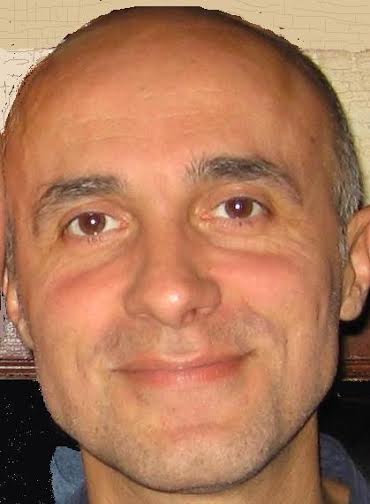
Three Lessons from a Decade of Measuring Sustainability
Ten years of COSA work has fundamentally altered what we believe are the most effective changes needed to address time-critical sustainability challenges.

Stronger Cooperatives, Stronger and More Sustainable Farmers
Nearly one billion people around the world belong to cooperatives and producer organizations. Now, a quick diagnosis of their effectiveness and viability is possible with COSA’s POD: Producer Organization Diagnostic tool. The POD is a free, public online self-assessment that gives immediate scoring and benchmarking… More…
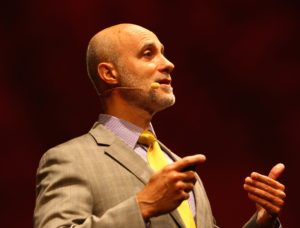
Taking Charge of Sustainability
Recently, Roberto Velez, the head of the National Federation of Coffee Growers in Colombia, and José Sette, Executive Director of the International Coffee Organization, skillfully framed the considerable challenges faced by the coffee sector at one of coffee’s major global conferences. Fittingly, at the 31st Sintercafe event COSA President Daniele Giovannucci offered a distinct action plan… More…
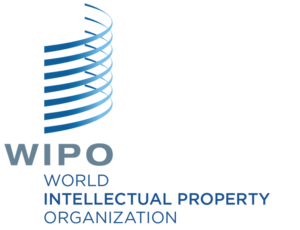
Can Intangibles make a Lasting Difference in Global Value Chains?
The essential question is: can new value substantially increase not only the total value of coffee beyond its current estimates of $200 billion but keep a fair portion of that value with the growers at origin who currently earn less than 10% of the total? If so, it is clear that the lessons will likely apply to other consumer-facing commodities as well… More…
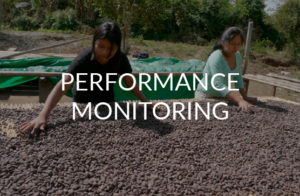
Transform your Sustainable Sourcing Program
Our Performance Monitoring tool collects data simply and at a low cost giving managers the power to make the best sustainability decisions… More…
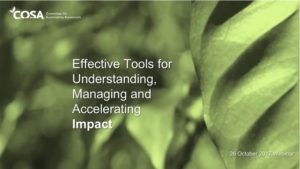
Corporate and NGO Leaders Reveal Insights for Accelerating Impact
Today, every decision maker interested in sustainability impacts has considerable constraints on their time and resources. See how government leaders, company executives, and NGO directors are addressing these challenges with effective tools…. More…
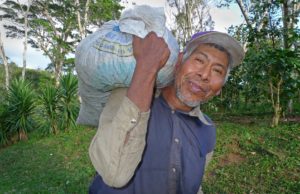
Capturing an agricultural community’s real needs: a case in Vietnam
A data-driven, multi-dimensional needs assessment is a valuable tool that can help enable communities to design collectively their desired future…More…
Farmer Focused
COSA’s unique public contributions come from our ability to get down to the farm and community level for a realistic perspective of what is sustainable. That’s why our work – such as our new self-assessment for cooperatives and other farmer organizations – can generate hope for the smallholder farmers they represent. We not only reach hundreds of thousands of farmers directly, but also influence millions of others through our partners, whose unified understanding helps them, too, to accelerate their sustainability like never before.


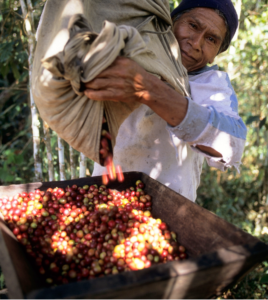




Leave A Comment